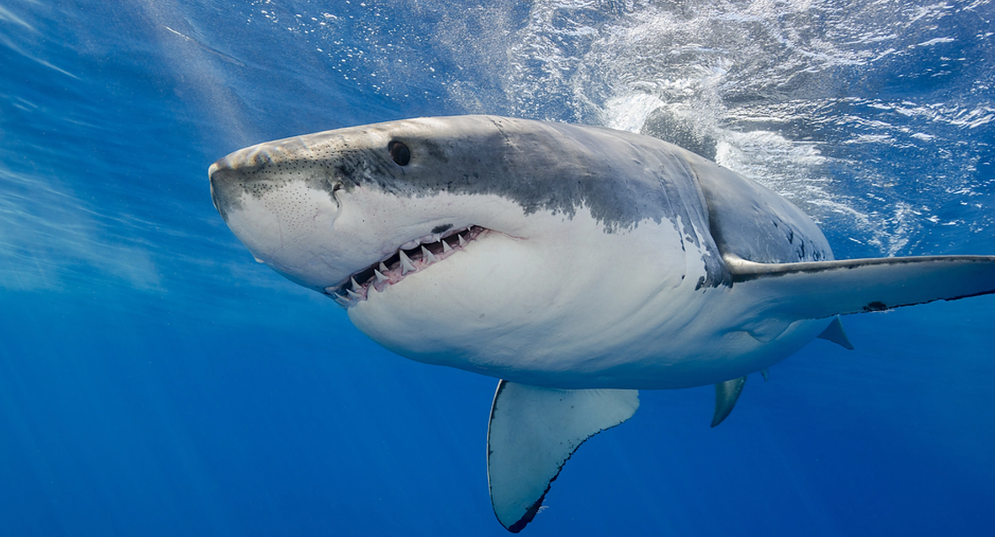Great white sharks split into three populations 200,000 years ago and have rarely mixed since.
Others are reading now
Great white sharks, one of the ocean’s most iconic predators, have long fascinated scientists and the public alike.
A recent study has uncovered that these sharks are not a single, global population as previously thought.
Instead, they split into three distinct groups around 100,000 to 200,000 years ago and have remained separate ever since, with the exception of one mysterious hybrid shark found in the Bermuda Triangle.
Three Populations
The study was published on July 23 in the journal Current Biology and involved sequencing the genomes of 89 great white sharks (Carcharodon carcharias) from around the world.
Also read
The results revealed three genetically distinct populations located in the North Atlantic/Mediterranean, Indo-Pacific, and North Pacific oceans.
These groups have not interbred since their separation, which occurred during the Penultimate Glaciation Period, a time when great changes in sea levels and ocean conditions may have created barriers that prevented the sharks from mingling.
“Now we understand that if you wipe out sharks in a particular area, they’re not going to be repopulated by sharks from another lineage,” said study co-author Leslie Noble, a molecular evolutionary ecologist at Nord University in Norway.
Why the Split?
While the exact reasons for the split is still unclear, researchers believe that the dramatic drop in sea levels and shifts in ocean currents and temperatures during the ice age likely played a role.
These environmental changes may have created biogeographical barriers that isolated shark populations, leading to their divergence over time.
Noble noted that female sharks, like salmon, typically return to their birth sites to give birth, which has contributed to the separation of these populations.
A Rare Hybrid in the Bermuda Triangle
Interestingly, the only evidence of interbreeding between these populations was the discovery of a hybrid shark — a mix of the Indo-Pacific and North Pacific lineages — found in the Bermuda Triangle.
This suggests that while interbreeding is extremely rare, it has occurred, although the survival of hybrid offspring might be limited by natural selection.
Conservation Implications
The study’s findings have implications for the conservation of great white sharks.
The International Union for Conservation of Nature (IUCN) currently lists the species as vulnerable to extinction, with populations having declined by about a third between 1970 and 2018.
Although recent conservation efforts have led to a slow recovery, the existence of three distinct lineages means that protecting each population individually is important.
If one population were to stray into another’s territory and interbreed, the resulting offspring might not survive, potentially weakening the overall genetic diversity of the species.
Noble emphasized the importance of maintaining these isolated populations, noting that the loss of great white sharks would have far-reaching effects on marine ecosystems and, by extension, on human food sources.
“Our fate is intimately bound with the great whites because we get about 20% of our protein from marine ecosystems, which the great whites keep healthy,” Noble said. “So [if] we lose the great whites, we might lose a lot of our protein from these ecosystems.”


